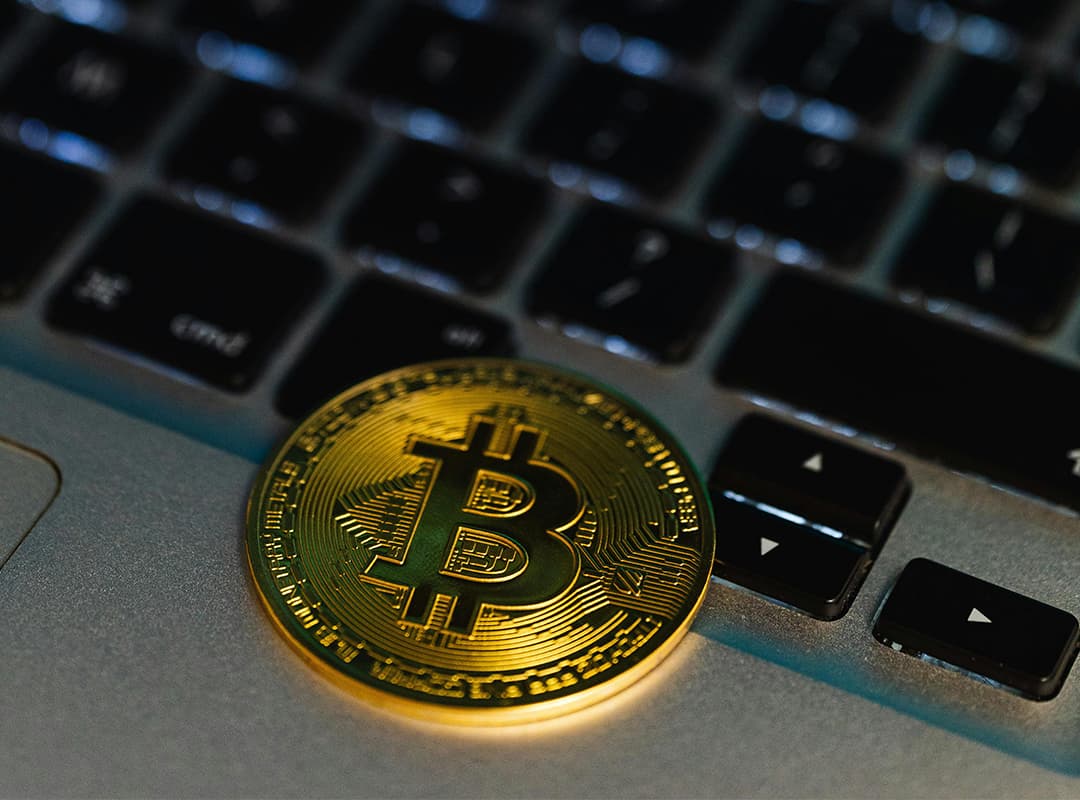The key element of the traditional economy that the founder of Bitcoin wanted to fix was money. In the modern world, national currencies – fiat money – are printed at the level of states. The latter are also a centralized structure. First of all, the value of money is determined by the actions and trust in the issuer. In addition, fiat money is subject to constant inflation, i.e. depreciation.
That is why transfers in the Bitcoin blockchain are made not with fiat money but with a special unit of account – cryptocurrency. Its main function is to be a means of transferring value in the bitcoin network. This value can be calculated using any convenient form – for example, in the same national currency. This is where the price of bitcoin is formed. The value of the first cryptocurrency is determined not by the central bank or any other organization, but by users and investors on the open market.
Thus, the price of bitcoin is not determined by the state, the Central Bank, or any other body, but only by the owners of the coins themselves. Some researchers also suggest determining the intrinsic value of bitcoin.
However, despite the fact that the first cryptocurrency was used to make payments, today many people perceive bitcoin more as an investment asset.
How to open a bitcoin account
Joining a “project” called bitcoin is even easier than becoming a bank customer. First, you need to set up a wallet, a special program that allows you to create addresses on the network and conduct transactions, i.e. receive coins or send them.
To create and manage a bitcoin address, you don’t need to go through complex identity verification involving uploading personal documents. Creating an address takes just a couple of clicks in the wallet interface.
An address in the Bitcoin network is analogous to a universal bank account. As the protocol has evolved, several new address formats have emerged in the blockchain of the first cryptocurrency. Almost all of them, with some exceptions, are fully compatible with each other.
However, this procedure is based on complex cryptographic methods. When creating a new address, its owner receives a pair of keys: a public and a private one. The latter is intended only for the user.
Transactions on the bitcoin network require a fee, which is distributed among the holders responsible for confirming and executing transfers.
